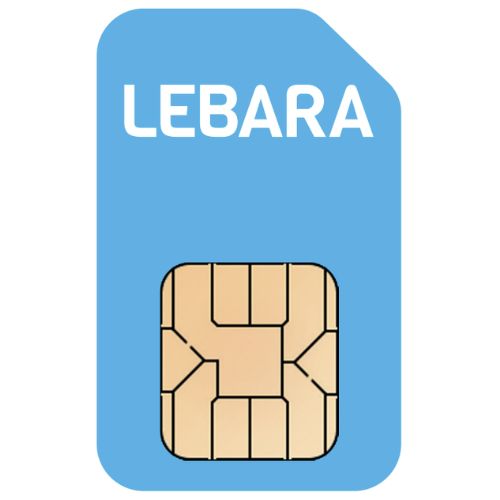
Exploring Lebara Innovative Business Model in Telecommunications

Introduction to Lebara
Lebara is a leading telecommunications company that was founded in 2001, with the aim of providing affordable and reliable mobile services for migrant communities. The company has grown exponentially since its inception and now operates in several countries across Europe, including the United Kingdom, Netherlands, France, Spain, Germany, Denmark, Switzerland, and Australia.
The name Lebara is derived from two words - "Leisure" and "Baraboo," which represents the company's mission to provide affordable communication services that connect people from different backgrounds and cultures. With over 5 million active subscribers worldwide, Lebara has become one of the most successful and innovative players in the global telecommunications industry.
In this section, we will dive deeper into Lebara business model and explore how their unique approach has made them a leader in their industry.
The success story of Lebara in the UK, France, and Denmark
Lebara, a telecommunications company, was founded in 2001 by three businessmen from the Middle East: Ratheesan Yoganathan, Baskaran Kandiah, and Rasiah Ranjith Leon. They noticed a significant gap in the market for affordable international calling services and set out to provide a solution.
Their aim was to offer an accessible and cost-effective way for migrants living in Europe to stay connected with their loved ones back home. In the early days of Lebara, this was achieved through prepaid SIM cards that could be purchased at local convenience stores. This innovative business model quickly gained traction in the UK, France, and Denmark – countries with large immigrant populations.
The success story of Lebara begins with its entry into the UK market. The founders recognized that there was a strong demand for low-cost international calls among migrant communities living there. They saw an opportunity to disrupt the existing telecom market dominated by traditional providers who charged high rates for international calls.
To cater specifically to this niche market segment, Lebara offered affordable prepaid SIM cards that came with competitive calling rates to popular destinations such as India, Pakistan, Bangladesh, and Nigeria. This not only attracted customers but also helped them build loyalty within these communities.
How Lebara caters to the needs of niche markets
Lebara, a global telecommunications company, has gained recognition for its innovative business model which caters to the needs of niche markets. In this section, we will explore how Lebara is able to effectively serve these specialized customer segments.
1. Targeted Offerings: Lebara primarily targets two specific niche markets - migrant workers and international students. These groups have unique telecommunication needs and Lebara has tailored its offerings to meet those requirements. For instance, Lebara offers affordable international calling plans with no long-term contracts for migrant workers who need to stay connected with their families back home. Similarly, they provide flexible data plans and discounted roaming rates for international students who travel frequently.
2. Multilingual Customer Support: One of the key challenges faced by niche market customers is language barriers when seeking customer support from telecom companies. However, Lebara has addressed this issue by providing multilingual customer support in over 10 languages including English, Spanish, Arabic, Bengali and more. This allows them to better understand and assist their diverse customer base efficiently.
3. Cultural Sensitivity: Niche markets often consist of individuals from different cultural backgrounds and it’s important for businesses to be culturally sensitive while catering to them. Understanding this aspect, Lebara has incorporated cultural sensitivity into their business operations by offering content in multiple languages on their website and creating targeted marketing campaigns that resonate with different cultures.
Conclusion
In conclusion, Lebara innovative business model in telecommunications has revolutionized the industry by providing affordable and flexible services to its customers. By focusing on the needs of the underserved migrant communities, Lebara has successfully built a loyal customer base and expanded its operations globally. With their commitment to innovation and customer satisfaction, it is no surprise that Lebara continues to thrive in an increasingly competitive market. As technology evolves and new opportunities arise, we can only expect further growth and success from this pioneering company.
More Stories
Tesco Mobile | Affordable Plans with Outstanding Perks
Beyond providing excellent service, Tesco Mobile goes the extra mile with perks like extra Clubcard points and exclusive discounts. Whether...

